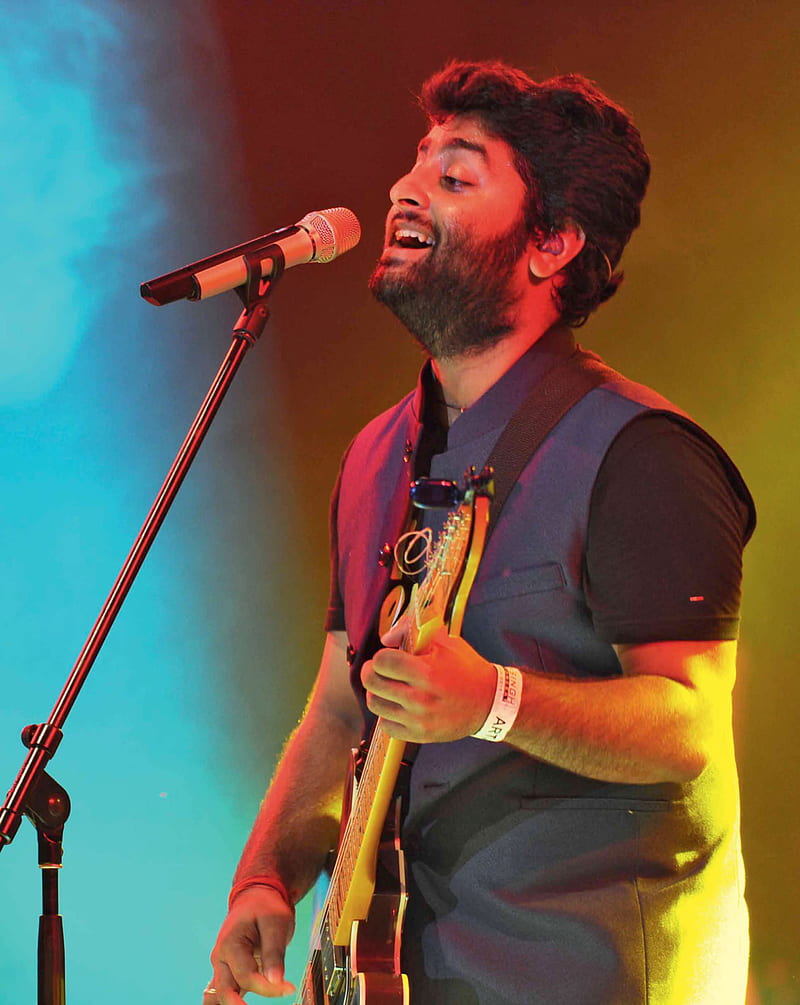When you are working in the field of science, and with all the updated knowledge, you feel that in some way, you should do your bit. Yes, India is doing a lot of good things, but at the same time, we still lack in some other things. Besides modern science, our ancient/traditional knowledge should be promoted, and justification must be provided with new technology.
India, a so-called developing country (and also among the top ten countries in the world) even after having such a large young population, we wait for help from other countries for technological guidance.
Coming from a humble background, if I may ask, why did you choose research as your career?
I would say that one’s choice of career depends on one’s inclination and personality.
Research is challenging and also innovative. You can say that I am a person who likes to take on new challenges and try new things in life.
If I am not wrong, perhaps you are the only person in the last two decades in the Department of Zoology, DU, who have been awarded UGC Raman and ICMR-DHR International Fellowship?
It’s just luck by chance that I have got it, but I surely feel very motivated, and it also comes with a responsibility to work harder. As you know, continuing research in an undergraduate college is an extremely difficult task, but then there is no excitement in doing tasks that are too easy.
Everybody has 24 hours a day, which means, you have to spare your personal time to make up and maintain your research temperament and continue doing something new. It’s worthy to mention here that the help, support and encouragements from your family members, Principal, colleagues and most importantly your researcher/students matter a lot.
Tell us more about your experience as an educator.
As an educator, every day is filled with different challenges. Understanding each student as we progress in the course and every year getting to know so many young minds makes me content.
Also, besides research, teaching is another passion of mine that keeps me motivated.
Why does India need more educators like you?
For an educator, only teaching is not important. You also need to update your knowledge and increase inquisitiveness amongst your students. In our classical education system, students are generally not encouraged to ask questions. But being educators, we have to generate curiosity among the students and let them ask questions.
We don't need to know all the answers, but we can admit that, prepare for it and then answer it in the next class. It is important to make the students believe that their questions are important and no question is a silly question.
How did you develop your research interest, and why is it important for the
upcoming generations?
upcoming generations?
When you are working in the field of science, and with all the updated knowledge, you feel that in some way, you should do your bit. Besides modern science, our
ancient/traditional knowledge should be promoted, and justification must be provided with new technology.
India, a so-called developing country (and also among the top ten countries in the world) even after having such a large young population, we wait for help from other countries for technological guidance. But if you look closely into it, the Indians working outside our country participate in the development of new technologies, which we ultimately import from them.
Our young generations should make sure that after receiving their education and developing a scientific temper, they should develop and patent new technologies for their own country. Only then will a country transform from a developing to developed status.
Please tell us about some of your top researches?
I think that research should not be associated with only expensive techniques. It depends more on new ideas. Some of our research works that good scientific journals and social media have appreciated include our recent paper based on plant defensins as human allergens appreciated in Current Science Report and bioinformatics tool NeuroPIpred, developed in collaboration with IIIT Delhi, was covered in an article in Research Matters.
Also, during the lockdown, we have published some good papers on COVID-19. Some of the most-cited research of mine that I would like to mention include firstly, my work on RNAi (I conducted this work during my UGC Raman Fellowship), and secondly, an in silico study on ROR1 protein, both published in the journal Scientific Reports.
You are the Coordinator for DST INSPIRE Science Internship Programme. So, you are not only doing research but also inspiring young minds. Please elaborate on your experience with that?
Children are like clean slates/paper. When we interact with young and pure minds, the blind questions they ask – that is a learning experience in itself. Sometimes I don’t have the answers, but it surely makes you think out of the box.
Every year I get a chance to interact with approx. 200 students during INSPIRE camp at our own college, and more than 1000 students through invited talks at schools and colleges, and even if I can inspire a few of them to pursue a career in science and research, that gives me a lot of satisfaction. Who knows, in the future, one might become a Bhatnagar awardee or a Nobel Laureate for the country.
You have trained and mentored several students. Tell us about your experience and approach as a Supervisor?
I am happy to convey that whatever few students I have trained so far, all are doing well in their respective lives. Among my previous students, most of them are currently working abroad on research projects. And those in India are also working in good positions. As I have said earlier, I don’t believe in “expensive techniques”. I believe in innovative ideas.
The same thing I teach to my students. I use a rather unconventional approach as a PhD supervisor, and all my students have the freedom to choose their topics (yes, definitely based on the resources we have). Finding the right question is half
research.
research.
From your research papers, we can see that you are working in multiple directions? Is there a particular reason behind it?
Right now, it’s the era of interdisciplinary research. In science, your research career is based on what you have done in your PhD. So whatever I have done in my PhD. I have to continue that for a few years. Initially, when I didn’t have my lab facility, I got attracted to new technologies like bioinformatics. So I pursued M.Sc. Bioinformatics after my PhD.
You would be amazed to know that I competed with my students in that class, but I never felt ashamed; instead, it helps me in rejuvenating my energy. After pursuing research in Insect-Plant interaction for few years, when I had an option to switch over, I have used bioinformatics knowledge as a bridge or you may say as a transition. I have finally entered into my real interest since my childhood, that is human health.
We are planning to design some kits to detect tuberculosis with MDR and have also applied for a patent in both India and the US. And besides, that whatever small work we are doing in the field is being well appreciated.
What skills make a successful researcher?
You need perseverance, patience, interest, and passion. It should not be just for the sake of the job. You need to be able to adapt to new things and have the ability to correct your mistakes. Failure and criticism should not dishearten you but encourage you to perform even better.
Besides scientific literature, whenever I have a little bit of time or I feel low, I read literature on Swami Vivekananda, one quote by him always give me strength in the difficult time that is “Each work has to pass through these stages – ridicule, opposition, and then acceptance. Those who think ahead of their time are sure to be misunderstood.”
The whole world is battling the pandemic. How do you manage to continue your research work in this ongoing situation?
My research is not only dependent on experimental work; we also design a lot of in silico studies, meta-analysis, and create bioinformatics tools. During the pandemic, we have sufficient time to sit and read more papers.
Designing new experiments, analyzing data from previous experiments, working on in silico problems, and writing good articles, are some of how we utilize our time efficiently during the pandemic. We are slowly adapting to the Work-From-Home Concept.
Lastly, any tips for the students on how to stay positive during these tiring times?
Take this time as an opportunity to develop your potentials, and pursue hobbies that make you happy. But at the same time, work is also equally important.
So my suggestion would be that if you have a decent computer and good internet facility, there is a lot of experimental data that has not been analyzed fully. Try generating new hypotheses and analysis.
And you may look up to me for help if any. At the end I will again quote Swami Vivekananda: “Everything is easy when you are busy. But nothing is easy when you are
lazy.”
Read published books on Springer
lazy.”
Read published books on Springer
Interviewed by - Ritika Malhotra









Social